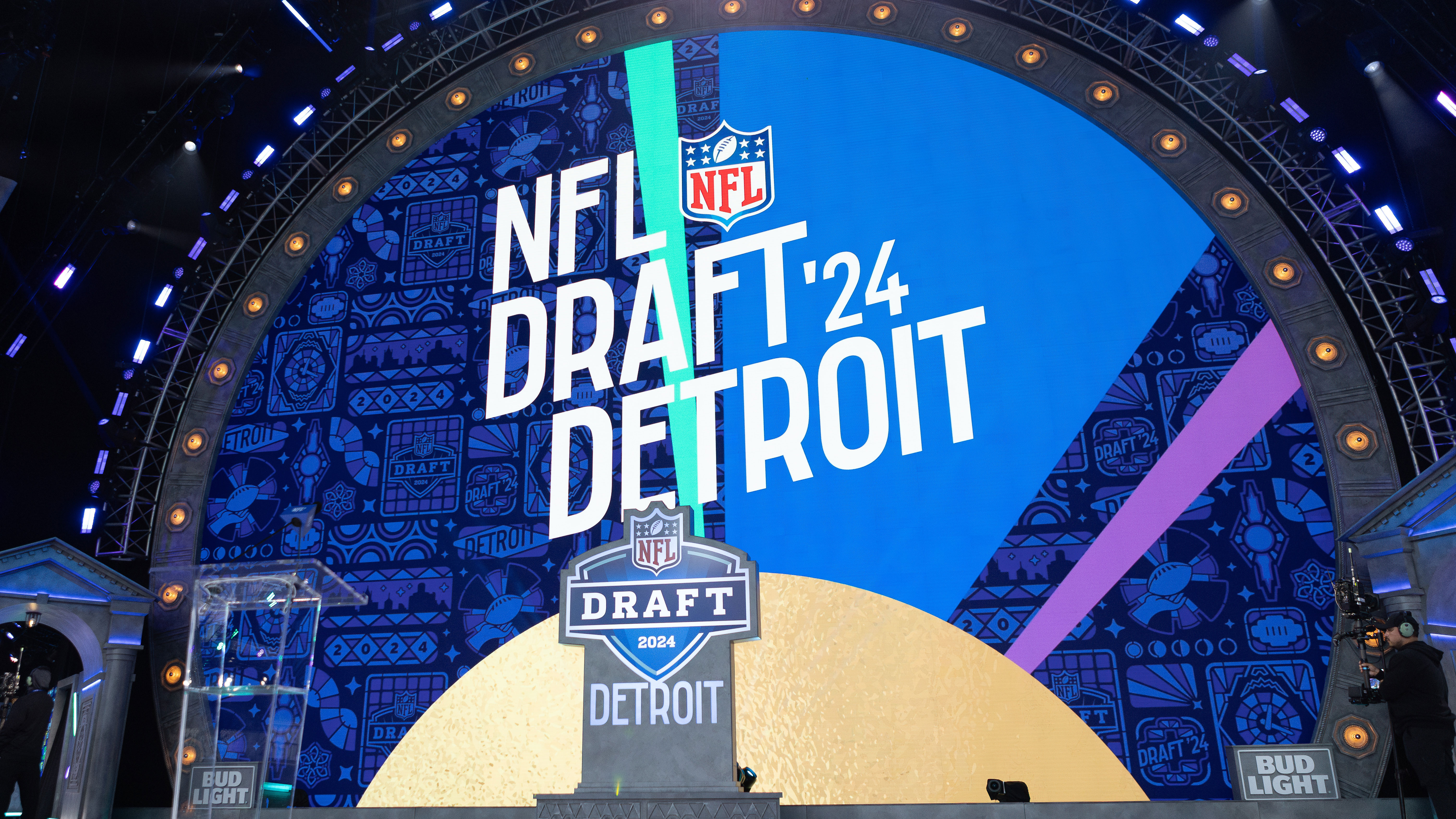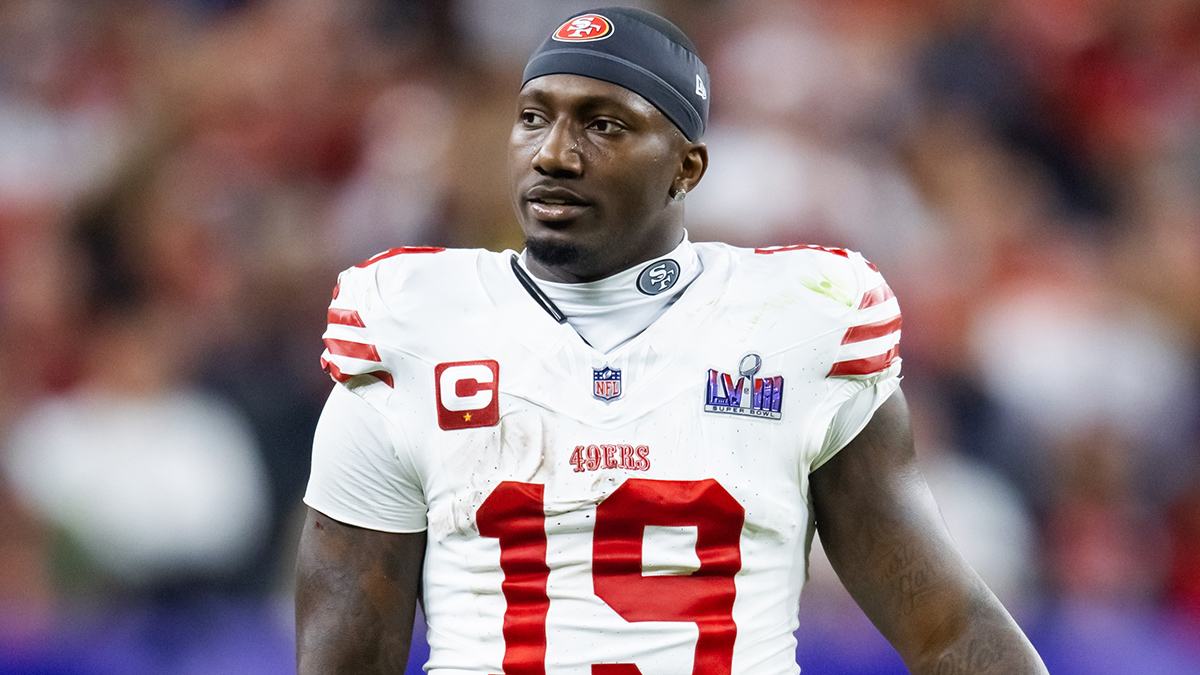It was February 1989, and John Grasso was at a crossroad.
Grasso, an Orange resident, figured he would graduate from college and enroll at Joe Brinkman's Umpire School the following winter to chase his lifelong dream of being a major-league ump.
It was risky, and there were no guarantees. His chance of becoming a minor-league umpire was slim. If hired, it would still be a long and arduous road, scraping by on minimal salary to climb the ladder toward a coveted spot in the big leagues.
Yet, Grasso was ready for the challenge -- Until an offer arrived from the Orange Police Department to become a police officer. It was a job with stability, good pay and a clear future. He accepted.
He later moved to the Hamden Fire Department, and has spent the better part of the last two decades fighting crime, extinguishing burning buildings and saving lives.
However, each spring for the last 20 years, the desire to call balls and strikes in professional baseball burned in his belly. This winter, he decided to give it a try.
Recently, after finishing his shift at the firehouse, Grasso packed a suitcase, hopped into his motor home and drove to Kissimmee, Fla., with his wife of 18 years, Lynn, and sons Jake, 12, and Benjamin, 10.
Sports
He's spending a week relaxing with the family before they fly home and he begins a rigorous, month-long training course at the Jim Evans Academy of Professional Umpiring.
Grasso, who is using accrued vacation time from the fire department to get the five weeks off, hopes to land a job umpiring minor-league baseball.
Of the 100 others in the school, Grasso -- about to turn 42 -- is roughly twice the age of most of his classmates. In the academy’s 17-year history, only one prospective umpire over age 40 has been hired to a professional contract.
"My goal was always to umpire at the highest level I could umpire at," Grasso said. "My mindset is that no one who will be there is better than me, and that I'm going to be at the top of the class."
Grasso often thought about digging the mask and chest protector out of the basement over the past 18 years, but starting a family and the rigors of a life protecting and serving the public made it near impossible.
It wasn't until the fall of 2007 when Grasso felt comfortable enough with family and career to resume umpiring. He put great thought and research into the decision, including reading "Baseball's Narrowest Door: So You Want To Be a Professional Umpire' by Rick Roder, a former minor-league umpire who never made it to the majors.
"The purpose of the book is to tell you how hard it is and to kind of dissuade you from wanting to do it," Grasso said. "I read it, and thought I must have missed something because this is really something I always wanted to do and it didn't turn me off at all."
Grasso sought out as much advice as possible and contacted several experts. On first impression, all had a similar message: It's a young man's game and chances of landing a job at 42 are slim to none. But after hearing Grasso speak, his passion for the trade seeping though the conversations, each changed his tune.
When Grasso submitted his online application for the Jim Evans academy, he got a phone call within a matter of hours from Jason Klein, the program's executive director.
Klein, 30, has been a professional umpire since 2000 and, about to begin his third season in the Triple-A International League, is on the cusp of a major-league spot.
In an incredible coincidence, Klein mentioned he also grew up and still resided in Orange, just minutes from Grasso's home. Klein soon hand-delivered an umpiring manual, and the two wound up chatting for two hours over coffee.
Klein said a typical day at the Jim Evans academy begins at 8 a.m. and runs until dark. Umpires spend four hours in a classroom, break for lunch and then head out to the baseball complex to run drills and situations.
"It's six days a week for five weeks," Klein said. "It's competitive, and it's grueling. It's boot camp for umpires."
To prepare, Grasso spent much of the past year whipping himself back into shape. He runs seven miles a day, works with weights and drastically changed his diet, cutting his caloric intake almost in half. He dropped 55 pounds and will head to Florida weighing a lean 170.
If Grasso is able to buck the odds and secure a job offer after the academy, he'll have a major decision to make in regards to his job with the fire department.
"I want to do it," he says of umpiring professionally. "It's going to come down to whether I can do it or cannot do it (financially)."
An umpire in rookie ball, where he would begin, has a salary of $1,900 per month for the three-month season. There is no health plan and constant travel, all of which is done by car.
It would be a far cry from the more comfortable lifestyle his current job -- which includes extensive overtime and benefits -- affords him and his family.
"Umpiring in the minor leagues is not a lucrative job at all," Klein said. "But you're chasing that pot of gold at the end of the rainbow. The rewards are huge. Major-league umpires earn a six-figure salary to start and enjoy all the luxuries of first-class travel and accommodations."
If he isn't selected for a minor-league job, the course enhances his resume to allow him to apply for part-time umpiring gigs in the independent leagues or Division I college ball. Many of those pay lucratively, and he could earn as much or more than he would in rookie ball.
Either way, Grasso said, he'll have achieved a lifelong goal.
"Umpiring comes naturally to me," Grasso said. "I feel at home on the baseball field. It's going to be tough leaving home for that period of time. I'm really going to miss my kids. But this is something that's been a long time coming, and I'm ready."



